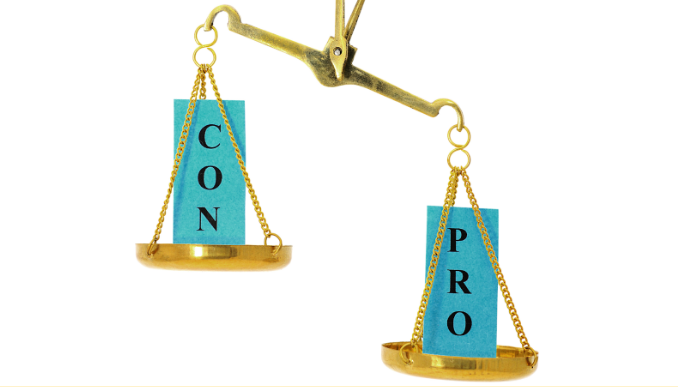
In the ever-evolving landscape of legal practice, the decision to choose support staff is not just about personnel; it’s about strategy. Legal professionals face the choice between in-house support and the dynamic realm of Legal Virtual Assistants (VAs). Each option carries its own set of pros and cons, and understanding these nuances is crucial for making an informed decision. In this blog, we explore the comparative advantages and disadvantages of Legal Virtual Assistants versus in-house support, shedding light on the factors that can shape the efficiency and success of legal operations.
1. Cost Considerations:
- In-House Support Pros: Immediate availability for tasks and a perceived sense of dedicated commitment.
- In-House Support Cons: Higher costs associated with salaries, benefits, and workspace provisions.
- Legal Virtual Assistant Pros: Cost-effectiveness due to flexibility in terms of hourly rates and project-based billing.
- Legal Virtual Assistant Cons: Potential challenges in maintaining a constant physical presence for urgent tasks.
2. Flexibility and Scalability:
- In-House Support Pros: Immediate availability for ad-hoc tasks and a consistent physical presence.
- In-House Support Cons: Limited scalability, especially for temporary or project-based needs.
- Legal Virtual Assistant Pros: Flexibility to scale up or down based on the workload, providing agility in response to varying demands.
- Legal Virtual Assistant Cons: Potential challenges in aligning schedules for real-time collaboration.
3. Skill Specialization:
- In-House Support Pros: Easier collaboration and in-depth understanding of the firm’s specific needs.
- In-House Support Cons: Limited access to a diverse range of specialized skills.
4. Technological Integration:
- In-House Support Pros: Immediate integration into existing technological infrastructure.
- In-House Support Cons: Limited exposure to a variety of legal tech solutions and potential resistance to change.
- Legal Virtual Assistant Pros: Adaptability to a wide range of legal tech tools and software.
- Legal Virtual Assistant Cons: Initial learning curve and potential challenges in aligning with the firm’s existing tech stack.
Conclusion:
The choice between Legal Virtual Assistants and in-house support is not a binary decision but a strategic one, dependent on the unique needs and priorities of a legal practice. While in-house support provides immediacy and a consistent physical presence, Legal Virtual Assistants offer cost-effectiveness, scalability, access to specialized skills, and adaptability to technological advancements. At “Hire Your Legal VA,” we recognize that the decision hinges on a delicate balance of priorities. By understanding the pros and cons of each option, legal professionals can make an informed decision that aligns with the strategic goals of their practice. When you choose “Hire Your Legal VA,” you’re not just selecting support; you’re engaging a partner that offers a dynamic and strategic approach to legal assistance, tailored to the unique demands of the modern legal landscape.
